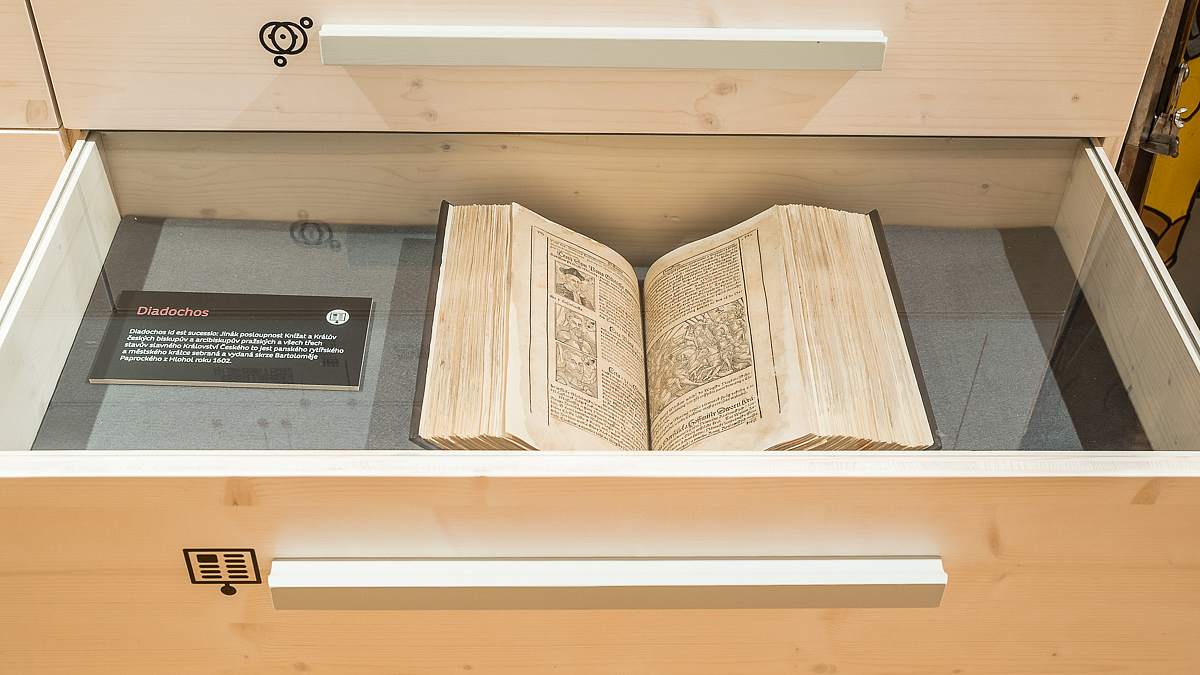THE UNAPPRECIATED HEROISM OF BLATNÁ‘S PEOPLE
In 1618, Blatná saw the arrival of the greatest of all disasters in the form of the Thirty Years’ War. Since Václav of Rozdražov was a Catholic and an imperial council, he fled without hesitation from Mansfeld’s army to Prague with his whole family. There he demanded that the law be respected, but to no avail. Thus, the people of Blatná had to rely on themselves. Once the Estates had taken control of the chateau, the people of Blatná sent their messengers to Plzeň (Pilsen) for help. They had hidden the imperial soldiers in their houses and then lured Mansfeld’s garrison to the streets of the town and ambushed them. This victorious encounter is associated with a legend saying that some of the prisoners were drowned in the pond Topič (“topit” = drown in Czech) or that their arse got stuck in the pond Řitovíz (“řiť” = arse in Czech) as they escaped, but both names are actually known from earlier times – from 1598 – and they have no relation to this war. While the people of Blatná were not able to prevent further campaigns of imperial armies or the troops of the Czech Estates, they at least managed to protect their church.
Following the Battle of the White Mountain in 1621, Václav of Rozdražov sent his family to Blatná. He himself would never come back and died in 1625 in Pumstorf. He was succeeded by his son František Ignác of Rozdražov, who was to go through the woes of the war directly in Blatná. In 1648, he was taken as a captive by the Swedish army to Horšův Týn. Although the people of Blatná were already exhausted, they would collect the required money and pay the ransom for the young man. However, he would later not show much gratitude to them. During the peasant uprising of 1680, the burghers of Blatná asked their master to confirm the older privileges, but he hesitated to do so. It was only at the intercession of the dean and the governor that he issued them with the requested certificate, and all the privileges were reaffirmed by Emperor Leopold. He gave a similar response to the request for the award of a third fair, which would not be awarded to Blatná until 1688. František Ignác died in Blatná in 1691 and with him ended his entire dynasty, whose members are buried in the Church of the Assumption.


